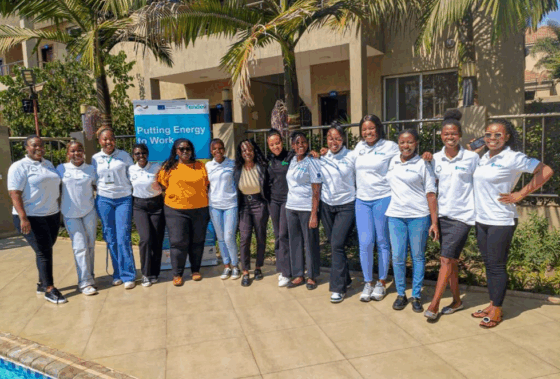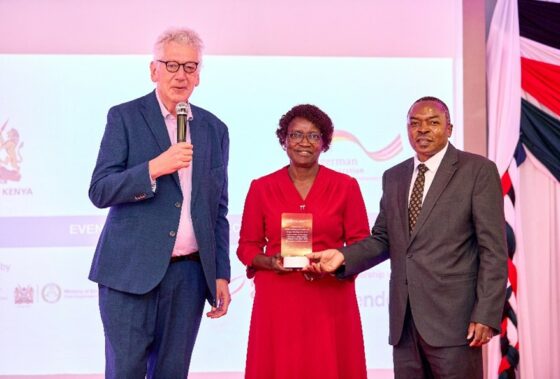Powering Health for a Bright Future and Safe Beginnings
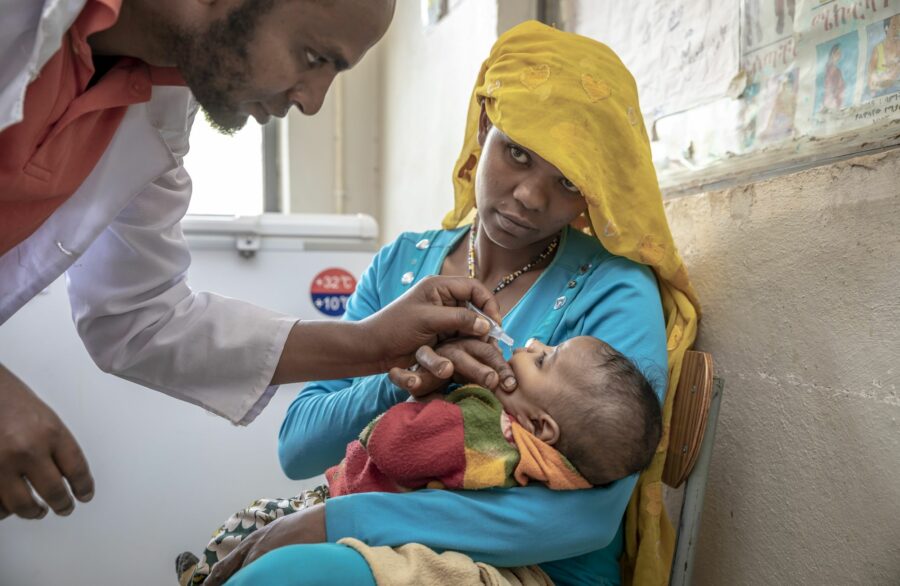
Today, the world celebrates World Health Day under the theme “Healthy Beginnings, Hopeful Futures”. This year’s campaign, led by the World Health Organization (WHO), highlights the importance of maternal and newborn health as the foundation for strong families and thriving communities.
However, for many mothers and newborns in remote areas, a healthy beginning is far from guaranteed—especially when health centres lack reliable electricity. Nearly one billion people depend on health facilities with no power or an unreliable energy supply, severely affecting the quality of care provided (WHO, 2023).
Challenges in Health Centres Without Electricity
- Limited Emergency Care: Without proper lighting, emergency treatments, surgeries, and childbirth take place in dim conditions or complete darkness, increasing the risk of complications.
- Inadequate Medicine Storage: Many essential medications and vaccines require refrigeration to remain effective. Without electricity, maintaining a stable cold chain is nearly impossible, leading to wasted medical supplies.
- Restricted Diagnostic Capabilities: Laboratory tests, microscopes, and diagnostic equipment cannot function without power, making it difficult to diagnose and treat diseases accurately.
- Poor Hygiene Standards: Without electricity, water pumps cannot supply clean water, limiting sanitation efforts and increasing the spread of infections.
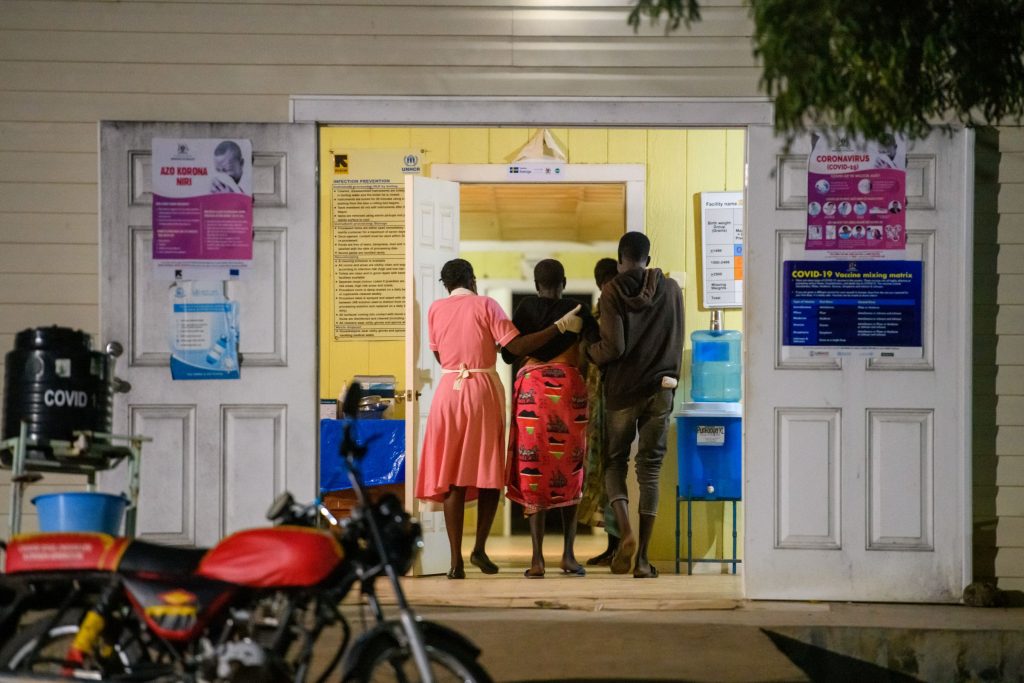
Last year in August I was brought here at around midnight when power was not there. I had to stay up to morning hours without getting treatment and I had to stay in darkness.
– Community member of Rhino Camp and Imvepi Refugee Settlements in Uganda
EnDev’s Role in bringing Renewable Energy to Health Centres
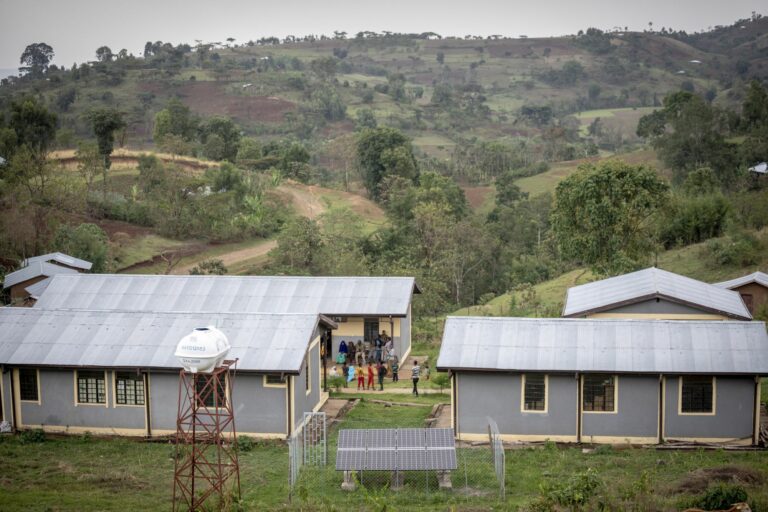
Recognizing the critical need for electricity in healthcare, EnDev has been actively providing modern energy solutions to health centres since 2005. Beyond off-grid solar installations provide lighting, communication tools, and power for essential medical devices, greatly enhancing the quality of care in remote communities with no connection to the grid. EnDev together with its partners also works to improve access to energy for health centres in particularly vulnerable areas such as refugee settlements. To date, EnDev has powered 2,880 health facilities, making healthcare safer and more accessible for countless families.
Technology and Sustainability in Healthcare Electrification
Since 2023, 540 health centres have benefited from EnDev’s targeted Energising Health initiative. The initiative focuses on delivering solar-powered energy solutions to over 1,200 health centres in Ethiopia, Liberia, Malawi, Mali, and Senegal. By installing WHO-certified solar vaccine refrigerators and solar energy systems, the project ensures efficient storage and distribution of life-saving vaccines, including those for tuberculosis, hepatitis, yellow fever, and COVID-19. EnDev leverages digital technologies to ensure long-term sustainability of its energy solutions. Features such as real-time data monitoring and cloud-based documentation help maintain high-quality installations and facilitate ongoing maintenance.
The arrival of solar fridges has allowed us to stock various vaccines, including those for COVID-19, helping to meet vaccination needs as cases decline. When supply is low, we have to turn people away, miss targets, and fail to administer vaccines to children on time. The fridges are helping us sustain our services.
– Agness Bauleni, Lulwe Health Centre in Malawi
A Brighter Future for Global Health
Reliable energy is not just about electricity—it’s about saving lives. Electrified health centres mean safer births, proper vaccine storage, enhanced medical diagnostics, and improved overall patient care. This World Health Day reminds us that access to reliable energy is a key building block for Healthy Beginnings and Hopeful Futures. By expanding sustainable energy solutions, we lay the foundation for safer births, stronger families, and thriving communities worldwide.
